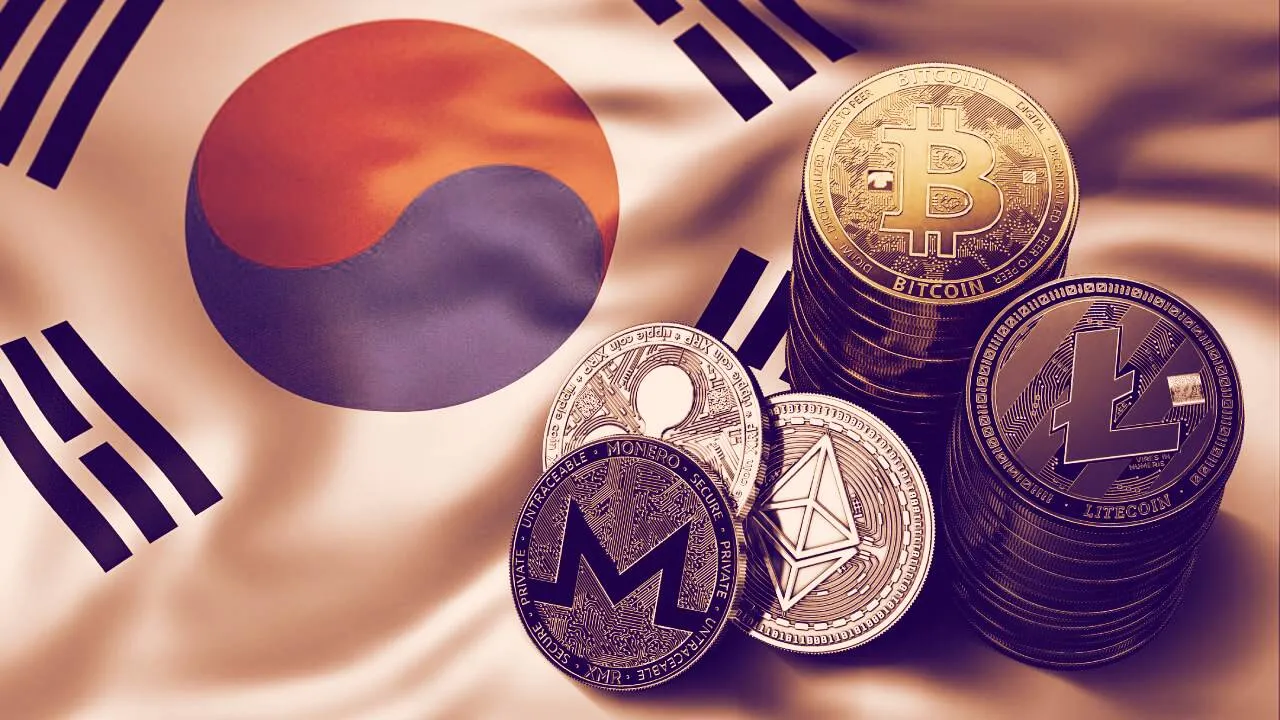In brief
- South Korea’s Financial Services Commission has categorized cryptocurrencies as a “high-risk asset.”
- The country’s Online Investment-Linked Finance Act would mean that locals will be unable to use crypto as collateral for loans and investment projects.
- The current version of the law would prevent DeFi platforms from being able to operate in South Korea.
In a move that could have significant implications for South Korea’s decentralized finance (DeFi) industry, the country’s Financial Services Commission (FSC) has categorized cryptocurrencies as a “high-risk asset”.
South Korea’s financial authorities are fine-tuning the intricacies of the Online Investment-Linked Finance Act, also called the “P2P law,” with a view to adopting it by the third quarter of 2020. If enforced, the law would mean that from August, locals will be unable to use crypto as collateral for loans and investment products.
The restriction on P2P crypto activities comes as a part of a larger initiative to better regulate all P2P platforms in South Korea.
South Korea could prohibit DeFi platforms
While specific details on how the P2P law would be applied on DeFi platforms remain unclear, the current version of the law would prohibit DeFi platforms from operating in South Korea.
With the legislation in place, any investment product or secondary platform—such as a DeFi lending platform that requires users to put up crypto assets as collateral—will not be able to operate in the country even if it obtains a license from the FSC.
The FSC said: “We are prohibiting linked investment products that use crypto assets and derivatives as collateral, which are difficult for investors to understand the risks of.”
Whether this means that local users can no longer use foreign DeFi platforms such as MakerDAO, BlockFi, and Dharma remains to be seen.
Given that the bill does not include any specific information about the use of overseas DeFi or crypto-based P2P platforms in South Korea, the FSC is unlikely to crackdown on foreign applications for the foreseeable future.
DeFi platform finds a potential loophole
Speaking to JoongAng, local DeFi platform Delio president Jung Sang-ho said that there are no companies in South Korea that loan out the South Korean won in interest by receiving crypto assets or derivatives.
Since local platforms receive crypto assets as collateral to provide the company's native crypto asset, it does not fall under the P2P law.
For now, some local DeFi platforms will continue to operate and cooperate with the FSC until the commission provides more clarity on how it chooses to enforce the law in August.
The move could prompt South Korean DeFi platforms to look elsewhere. When the country imposed a blanket ban on initial coin offerings (ICOs) in January 2019, local users and companies moved out of the country to invest in and conduct ICOs.
For instance, Kakao launched the Klaytn blockchain through an overseas subsidiary called GroundX and raised $90 million in a private ICO.

